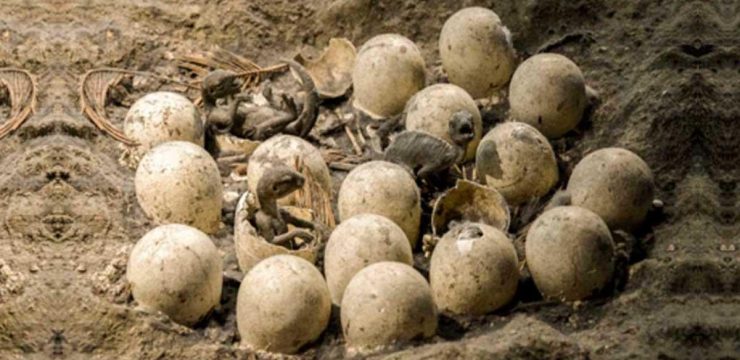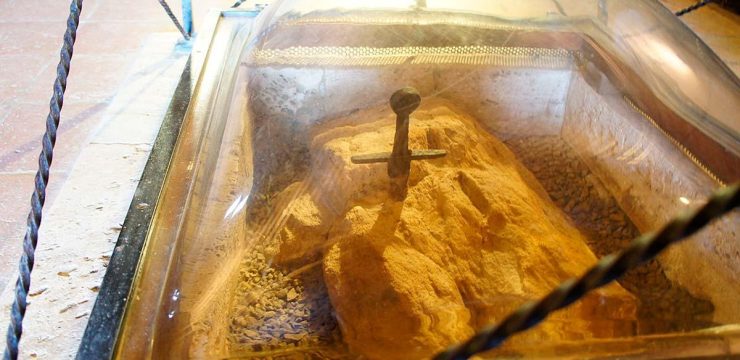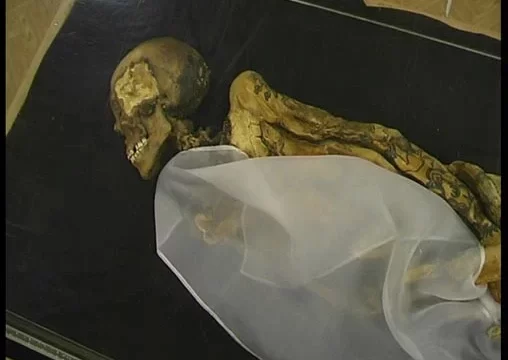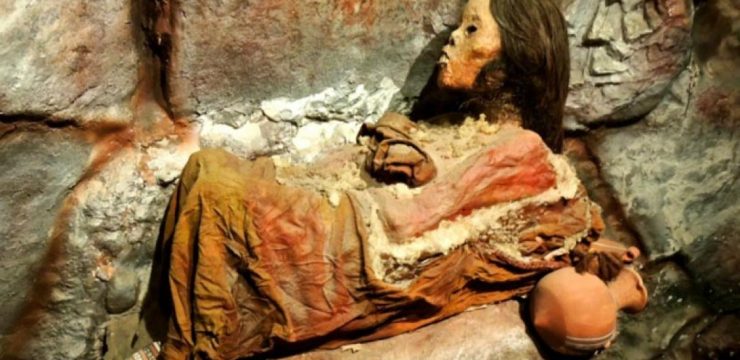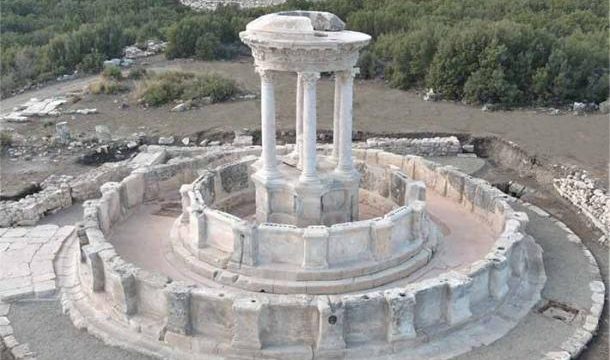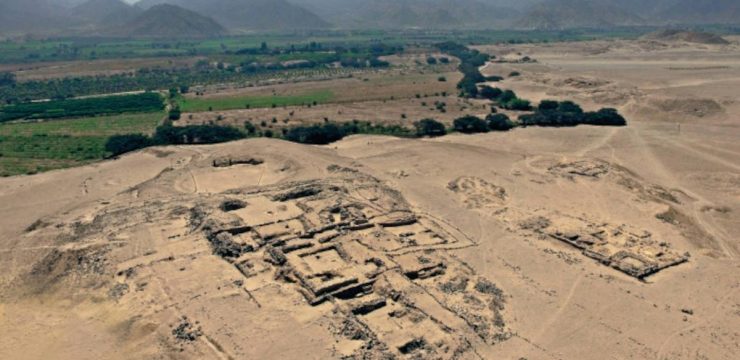In the heart of Mesopotamia, where the great Euphrates River flowed through the land, the ancient city of Uruk stood as a beacon of civilization. Among its towering ziggurats and bustling streets, one name resonated above all others—Gilgamesh. He was a king unlike any other, a ruler of immense power, wisdom, and ambition. Born of a mortal father and a goddess mother, he possessed an extraordinary nature—two-thirds divine and one-third human. This unique lineage granted him strength beyond any ordinary man, a force that made him both revered and feared by his people.
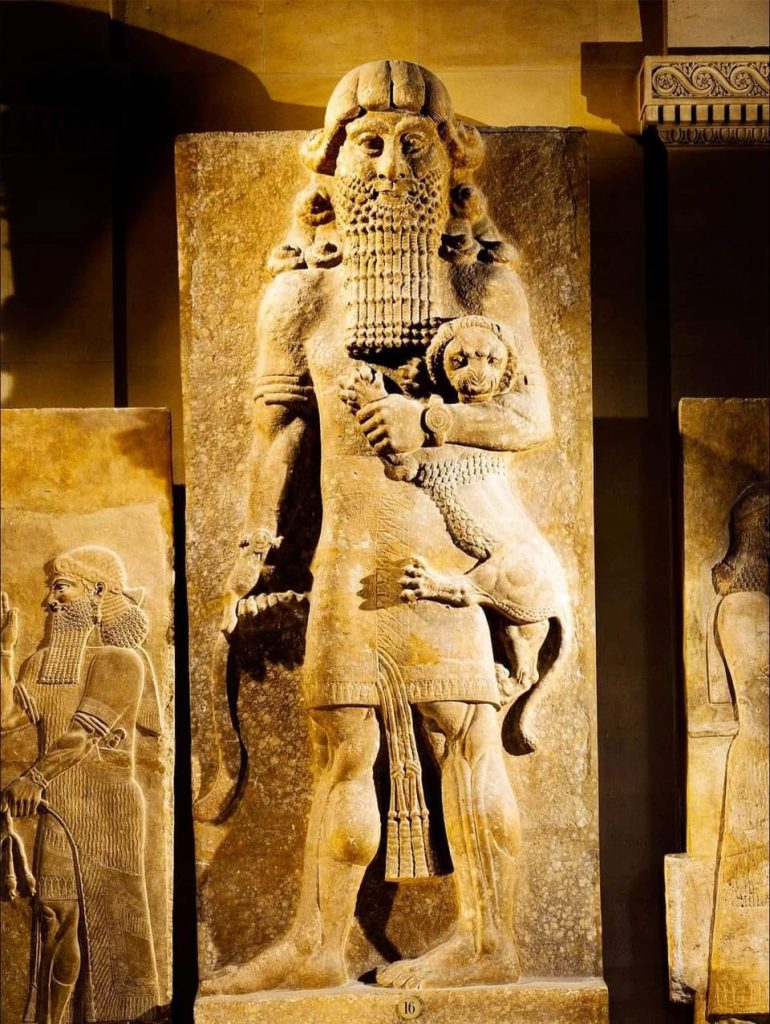
From an early age, Gilgamesh displayed remarkable abilities. His strength was legendary; he could subdue wild beasts with a single blow and overpower lions with ease. His wisdom, though great, was often overshadowed by his arrogance. As the ruler of Uruk, he believed himself to be unmatched, his will absolute, and his dominion unquestionable. Yet beneath this façade of power, a deep restlessness stirred within him. Despite his divine gifts, he yearned for something greater—something beyond mere conquest and mortal triumphs. This longing would set him on a path that would change his fate and etch his name into history.
The Epic of Gilgamesh, an ancient literary masterpiece dating back over 4,000 years, chronicles his extraordinary journey. The people of Uruk, though awed by their king’s strength, grew weary of his unchecked arrogance. He ruled with a heavy hand, demanding absolute obedience, and often exercised his power without regard for his subjects. Seeing the people’s suffering, the gods took action. They fashioned a rival—Enkidu, a wild man sculpted from clay, equal in strength to Gilgamesh, yet untouched by the trappings of civilization. Enkidu roamed the wilderness, living among the animals, until he was introduced to the ways of humanity through the guidance of a temple priestess.
When Enkidu arrived in Uruk, the inevitable confrontation between him and Gilgamesh shook the very foundations of the city. The two titans clashed in a battle that echoed through the streets, each determined to best the other. Yet as their struggle raged on, something unexpected happened. A deep respect blossomed between them, their rivalry transforming into an unbreakable bond of friendship. From that moment, Gilgamesh and Enkidu became inseparable, embarking on adventures that would define their legends.
Their most renowned quest took them to the distant Cedar Forest, a land guarded by the monstrous Humbaba, a fearsome being placed there by the gods to protect its sacred trees. Though warned of the dangers, the two warriors pressed on, driven by the desire for glory. When they finally confronted Humbaba, the battle was fierce, but their combined strength proved insurmountable. Together, they vanquished the beast, an act that secured their names in history but also drew the wrath of the gods.
The gods, displeased with their defiance, decreed a cruel punishment. Enkidu, Gilgamesh’s closest companion, was sentenced to death. The once-mighty warrior, who had fought beside his king and shared in his victories, now lay helpless as illness consumed him. Gilgamesh, powerless to save his friend, watched in anguish as death claimed Enkidu. This loss shattered him. He had faced countless battles, conquered foes beyond imagination, but he could not defeat death. The realization that he too was mortal filled him with dread.
Unable to accept his fate, Gilgamesh embarked on a desperate quest to escape death itself. He sought out Utnapishtim, a man who had survived the Great Flood and was granted immortality by the gods. If anyone knew the secret to eternal life, it was him. The journey was treacherous, leading him across perilous landscapes, through scorching deserts and endless waters. Along the way, he encountered divine beings and faced trials meant to test his resolve. When he finally reached Utnapishtim, he pleaded for the knowledge of immortality.
But the answer he received was not what he had hoped for. Utnapishtim revealed that immortality was not something that could be attained through mere effort or heroics; it was a gift bestowed only by the gods, and no mortal, no matter how great, could claim it for themselves. To prove this truth, Utnapishtim challenged Gilgamesh to remain awake for six days and seven nights, an impossible feat for any man. Gilgamesh failed the test, falling into a deep sleep, proving his mortality beyond doubt.
Desperate for another way, he was told of a plant that could restore youth, hidden beneath the depths of the sea. With renewed hope, he retrieved the plant, believing he had finally triumphed over death. But fate was unkind. As he rested on his journey home, a serpent stole the plant, shedding its skin as a sign of renewal, while Gilgamesh was left with nothing. The harsh truth settled upon him—no matter how far he traveled, how many battles he won, or how much strength he possessed, he could not escape the fate of all men.
Returning to Uruk, he looked upon the grand walls of his city, the towering structures he had built with his own hands. In that moment, he understood the true nature of immortality. It did not lie in never dying but in the legacy one leaves behind. His deeds, his wisdom, and his story would endure long after he was gone. He had sought eternal life in the divine realm, only to realize that true immortality was found in the memories of those who came after him.
The Epic of Gilgamesh remains one of the oldest and most profound literary works in human history. It speaks to the universal struggle of mankind—the fear of death, the pursuit of greatness, and the realization that life’s meaning is not in how long one lives but in what one leaves behind. The story of Gilgamesh has transcended time, passed down through generations, its message as relevant today as it was thousands of years ago. He was a warrior, a king, a seeker of truth, and in the end, a man who accepted his place in the grand cycle of existence.
Even now, as scholars unearth ancient tablets inscribed with his tale, the legend of Gilgamesh continues to inspire. His journey reminds us that no matter how powerful we become, we are all bound by the same destiny. Yet within that truth lies a greater understanding—our impact on the world, the friendships we forge, and the wisdom we pass on are what truly make us immortal.
